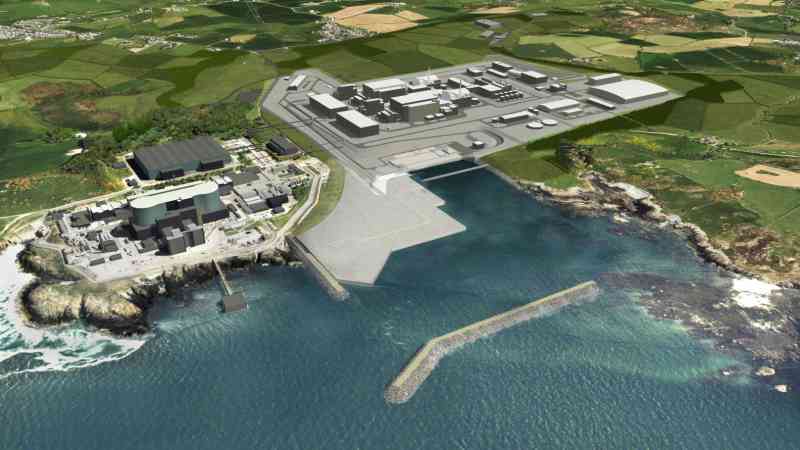Britain’s nuclear sector is facing a fresh setback as the Japanese developer behind a proposed plant on Anglesey prepares to abandon the project.
Hitachi had been developing the Horizon venture to build the Wylfa nuclear plant since 2012, but it suspended the project last year after failing to find a viable way to fund the estimated £15 billion to £20 billion cost.
Although it laid off more than 300 employees, it retained a skeleton staff and was continuing to seek planning consent. However, Hitachi is expected to confirm after a board meeting today that it is abandoning the project.
Llinos Medi, leader of Anglesey council, said that she had “been informed that Hitachi intends to withdraw from the Wylfa Newydd project”, adding that it would be “a devastating blow to the Anglesey economy”.
Hitachi aimed to develop Wylfa to start up in the mid-2020s, generating enough electricity to supply five million homes. It also had plans for a sister station at Oldbury, Gloucestershire.
The projects were two of six proposed new plants that the government had hoped would replace ageing reactors that are shutting in the coming decade. However, only one is actually being built, the Hinkley Point C project under construction by EDF, of France, and CGN, of China, in Somerset.
The remaining projects have struggled to find a viable financing model after controversy over the high costs of Hinkley Point. Toshiba, also of Japan, scrapped its project to build a reactor at Moorside in Cumbria in 2018.
The government revealed last year that it had told Hitachi that it would take a one-third equity stake in the plant, would provide all the debt financing required to complete construction and would offer it a contract guaranteeing it a high fixed price for the electricity it generated.
A spokesman for Hitachi said: “At this time, no formal decision has been made in this regard.” A spokesman for Horizon declined to comment.
Justin Bowden, national secretary of the GMB union, said that the news was “utterly predictable” and the “outcome of successive government failures to act decisively around new nuclear”.
